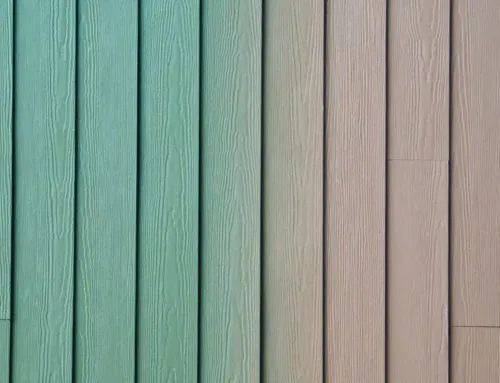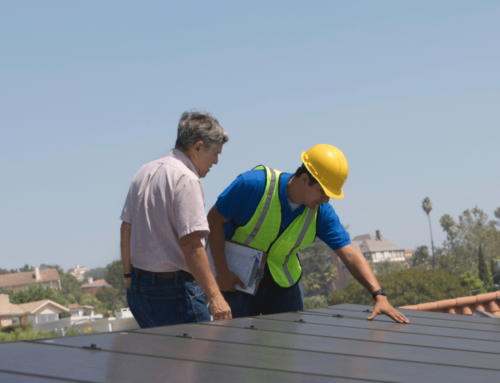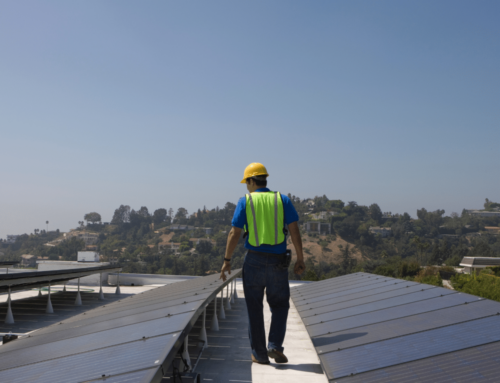WHAT DO GUTTERS ACTUALLY DO?
Gutters control the water that hits your roof, directing it into a single flow that moves away from your house. Without gutters, it’s possible that water runoff will build up around your home, getting into your foundation and causing water damage over time. Gutters are not able to move water away effectively unless they’re frequently cleaned—and damaged gutters can actually cause more damage than not having gutters at all because they can cause water to pool along your roof.
In addition to moving water away, gutters can also help to prevent erosion by controlling water runoff. This protects any landscaping that’s around a property, though, understandably, if there is no landscaping around the property it may not be as significant an issue.
WHEN WOULDN’T YOU NEED GUTTERS?
Homes that are in places that don’t experience a lot of rainfall or snow often don’t need gutters, because the amount of water falling along a roof isn’t significant enough to require them. Gutters are intended to protect against water damage over time; if there isn’t a lot of water on a regular basis, that damage isn’t going to occur.
If a home has existed without gutters for a long time and has never experienced damage, a homeowner might assume that the home just doesn’t need gutters at all. This is a reasonable assumption, but must be backed with inspections of the property.
Homes are less likely to need gutters if the ground slopes away from them. A house on a hill is not as likely to need gutters, because the rain is naturally going to flow away. A home surrounded by concrete may also not need gutters.
WHY SHOULD YOU INSTALL GUTTERS?
Gutters, as long as they’re well-maintained, provide insurance against future roof and moisture issues. In other words, they are more likely to help than to harm. In most areas, gutters are necessary, because of the amount of rainfall. Gutters are more likely to be useful in areas where the ground slopes towards a home. Unless your roofer specifically tells you that you shouldn’t have gutters, it’s a good idea to install them.
WHEN MIGHT YOUR ROOF NOT NEED GUTTERS?
It is important to note that some types of roofing may not need gutters. Roofs that have significant overhang will direct water away from the house regardless, which means your home is less likely to need gutters. A significant overhang also means that installing gutters could potentially be a more complex operation. In some homes, the attractiveness of the home may be benefited by extending the roof rather than adding gutters. This depends on the aesthetics of the property.
There are gutter-less options for redirecting rain off of a roof as well, which can be discussed with a roofer. This is commonplace when the lines or the aesthetics of your home may not match with visible gutters.
If you have old gutters that are in need of repair, it may be time for a consultation. Leaks or water-related issues could actually mean that your roof needs to be repaired or replaced, rather than your gutters. In unique situations, you may not need gutters—or it may be possible to invest in a gutter alternative.





